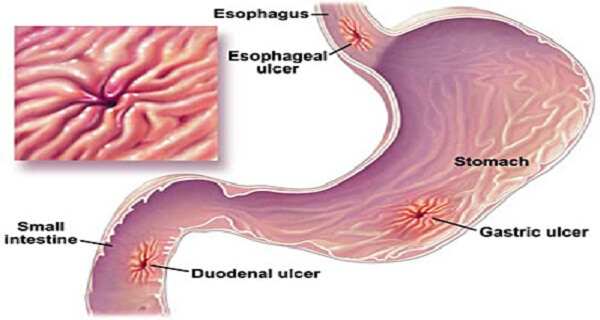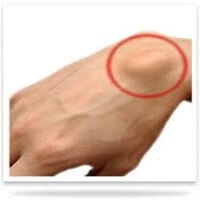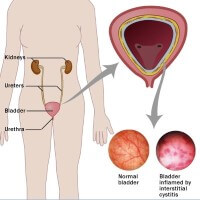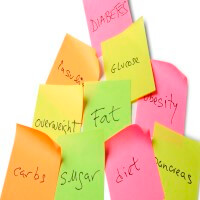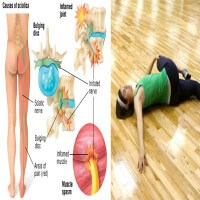Ulcers
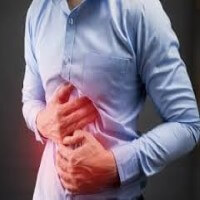
A peptic ulcer or peptic ulcer disease results from the breakage in the lining of esophagus, stomach or duodenum. The ulcer of stomach, duodenum and esophagus are called as gastric ulcer, duodenal ulcer and esophageal ulcer respectively. The peptic ulcers occur when the lining of these organs is corroded by the acidic digestive juices.
Ayurvedic Description Of Ulcers
In Ayurveda, Peptic Ulcers can be correlated to Parinaam Shula and Anna-drava Shula. They are the subtypes of Shula. Shula is the Sanskrit term for pain or colic. Parinama shula closely resembles with duodenal ulcers while Annadrava Shula closely resembles gastric ulcers. All types of pain have predominance of vitiated Vata. The condition of Parinaam shula is caused when shleshma or kapha in the stomach dislodges from its place and get mixed with Pitta. The vitiated Vayu further displaces them and causes severe pain during the digestion of food. Anna means food and drava means liquid, the pain (colic) which is associated and aggravates with food and liquids is called Anna-drava shula. It begins after the digestion of food, during the process of digestion and remains constant.
Signs & Symptoms
- Nausea
- Burning pain
- Bloating
- Heartburn
- Dark stools
- Weight loss
Causes and Risk Factors
1. Bacteria
Helicobacter pylori can cause inflammation of the stomach’s inner layer and produce the ulcer. People can come into the contact of H. pylori through kissing, food and water.
2. Medications
Prescription and OTC drugs that include NSAIDs can irritate the gastric mucosa. These medications include ibuprofen, acetaminophen and naproxen sodium etc. People who frequently take these medicines have a higher risk of developing ulcers.
3. Alcohol
Alcohol being acidic in nature when used in a less diluted amount excessively irritates, erodes the mucous lining of the stomach, and increases the amount of acid produced by the stomach. This increases and aggravates the risk of ulcer.
4. Smoking
People who are chronic smokers stay more at the risk of peptic ulcers.
5. Stress
Prolonged stress too have been associated with ulcers of all types.
6. Diet
Spicy, stale, oily, reheated and processed food items increases the risk of peptic ulcers.
Self Care Tips
- Eat your breakfast within the first 2 hours after waking up.
- Say complete no to the bed tea or coffee.
- Choose a healthy diet of fruits, especially with vitamins A and C, vegetables, and whole grains. Not eating vitamin-rich foods may make it difficult for the body to heal the ulcers.
- Foods containing probiotics are recommended; these include yogurt, aged cheese.
- Drinking milk can make ulcer pain some better, but later causes acid formation. So, it is advisable to avoid milk.
- Don’t take pain relievers like NSAIDs and consult your doctor before taking them for any reason or choose their less harmful alternatives.
- Do exercise, yoga, pranayama to relieve stress.
- Avoid smoking and alcohol intake.
Ayurveda has time-tested and effective treatments to cure the condition of ulcers. The line of treatment includes regulation of diet plan that helps in healing in ulcer, pain management coupled with healthy lifestyle targeted to cure the disease.

